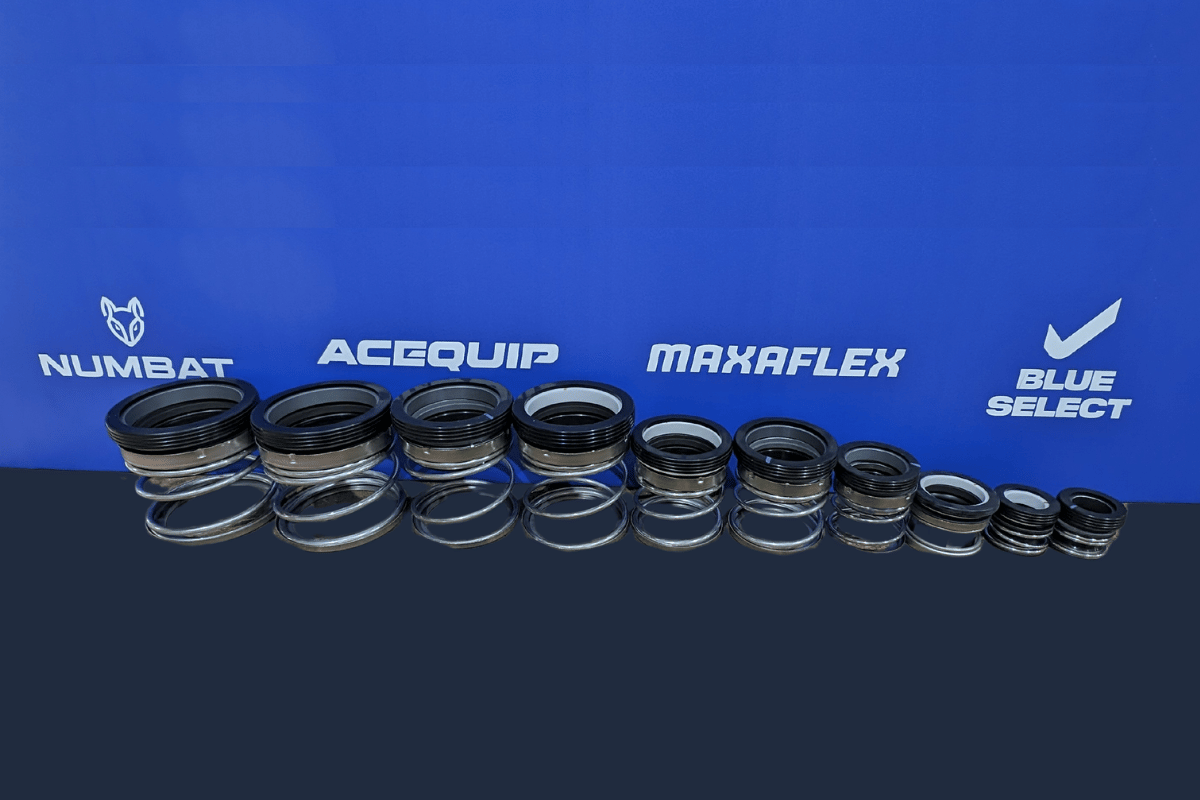Comparing CCN and SSV Mechanical Seals: A Comprehensive Guide


1. Carbon/Ceramic/Nitrile (CCN) Seals
2. Silicon/Silicon/Viton (SSV) Seals
Carbon: Used for the stationary face, carbon's chemically inert properties allow it to withstand a variety of chemicals. It has a high thermal conductivity, which helps in managing heat dissipation, but it can be susceptible to thermal shock, potentially cracking under rapid temperature changes.
Ceramic: For the rotating face, ceramic provides 99.5% aluminum oxide, offering excellent hardness and abrasion resistance. It is generally used for its strength and durability in handling mechanical stress.
Nitrile O-Ring: Nitrile rubber is known for its high abrasion and tear resistance, making it a robust choice for applications involving physical wear. Its temperature range is from -35°C (-30°F) to 120°C (250°F), suitable for standard irrigation conditions.
Advantages:
Disadvantages:
Silicon: Silicon serves as both the stationary and rotating face in SSV seals, providing enhanced hardness and lubrication qualities. Silicon's ability to be re-lapped and polished allows for multiple refurbishments, extending the seal’s operational life. It is ideal for handling harsh environments due to its superior wear resistance.
Viton O-Ring: Viton® offers greater resistance to chemicals, extreme temperatures, and mold compared to nitrile. It operates effectively in a broader temperature range of -20°C (-5°F) to 210°C (410°F), making it suitable for more demanding conditions.
Advantages:
Disadvantages:
1. Abrasion and Wear Resistance:
2. Chemical Compatibility:
3. Temperature Tolerance:
4. Maintenance and Longevity:
CCN Seals are ideal for:
SSV Seals are ideal for:
Choosing between CCN and SSV seals depends on your specific operational needs and environmental conditions. CCN seals offer a cost-effective solution for standard applications, while SSV seals provide enhanced durability and chemical resistance for demanding situations. At Southern Pumping, we are dedicated to helping you select the right seal for your irrigation system, ensuring optimal performance and longevity. Contact us to learn more or to find the best mechanical seals for your application.

Call us on (02) 4271 2220
email us here or complete the order form below